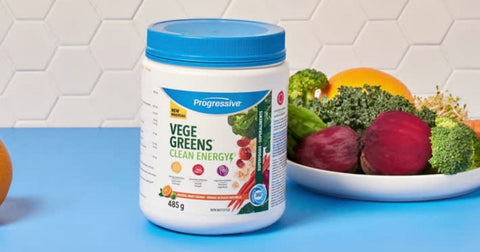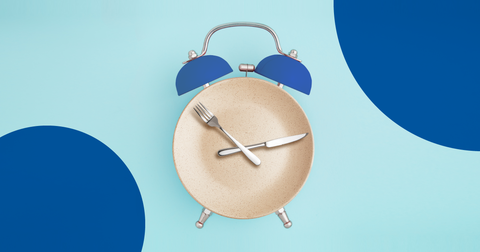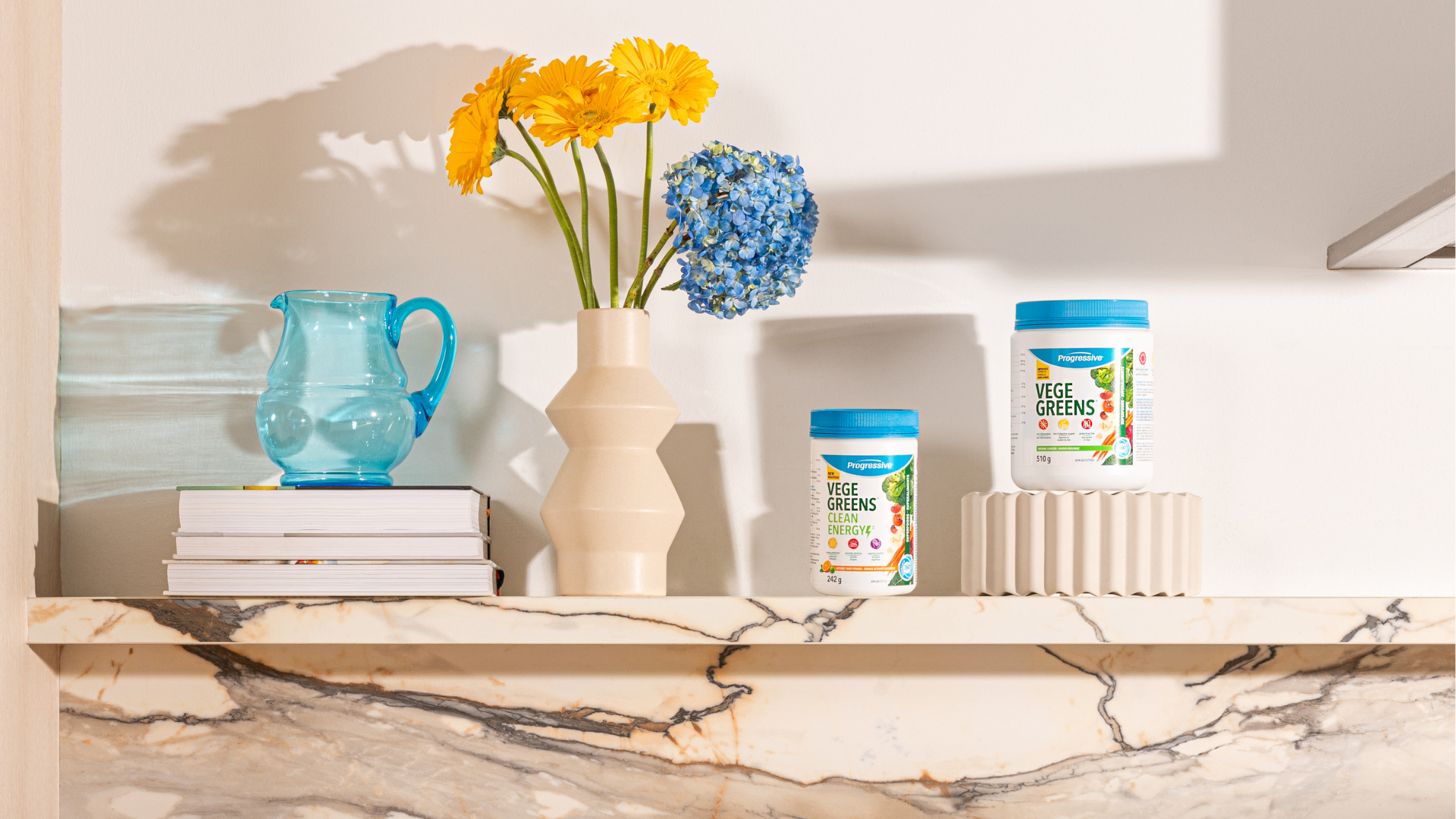Written by Kyle Buchanan
With winter almost over, the grass is getting greener, the smiles are getting brighter, the clothing is getting lighter and the sneezes are getting mightier.
Yup, allergy season is upon us, filled with sneezes, itchy eyes, and runny noses. If you’ve ever had the pleasure of suffering through it before, you know it isn’t fun.
Allergies happen when your immune system overreacts to an otherwise harmless substance (in spring we’re talking about pollen) and mounts a defence, releasing a compound in your body called histamine which causes all of the unpleasant symptoms.1
Here are some natural ways to support your body this allergy season to avoid those not-so-fun symptoms:
NETTLE TEA
Nettle tea is my staple come allergy season. It’s a wonderful herb. Nettle (or “stinging nettle” as you may know it) is a natural antihistamine. Some research has shown it can help reduce and inhibit some of the inflammatory factors that can trigger a flare up in allergies.2
I keep either pre-bagged or bulk nettle tea on hand and have 2 to 3 cups each day during allergy season. I’ll normally make one big pot in the morning, let it steep and then put it in the fridge to sip on all day.
VITAMIN C
Vitamin C is a standard supplement, but especially during allergy season because it exhibits natural antihistamine effects.3 And as Vitamin C is something many of us don’t get enough of through diet, coupled with the fact that we use up more vitamin C under times of stress4 (which has been the theme of the year), adding in this vitamin is crucial during allergy season.
Remember, Vitamin C is a water-soluble vitamin and subsequently used up in the body much faster than fat soluble vitamins. So, during allergy season, split up your daily dose and take with breakfast, lunch and possibly dinner depending on your individual needs.
QUERCETIN
Quercetin is a flavonoid (plant pigment) that acts as an antioxidant and there is promising research to show it may also possess antihistamine qualities.5 You can buy this as a stand-alone supplement if you really want to ramp it up, but many foods are rich in Quercetin, including:
- Raspberries
- Broccoli
- Cauliflower
- Red onions
- Apples
- Green tea
Increase your consumption of these foods during allergy season to up your Quercetin Intake!
NETI POT
This is an age-old technique that a lot of people swear by come allergy season. Basically, it flushes out a fair amount of the airborne allergens and dried mucous that collect in your nasal passages. The pot itself costs about $15-20 dollars and can be found at any health food store.
How to: Combine 1 cup distilled or boiled water (easiest way to do this is to boil water and let it cool to room temp - you don’t want to use just tap water as you want to avoid contaminants) with ¼ tsp. non-iodized salt (or buy saline packets if you prefer). Add this solution to the neti-pot, lean over the sink and, breathing through your mouth, tilt your head about 45 degrees, place the spout in your nostril and let the solution flow through and out the other side. Use about half of the solution and then switch sides. Finish by blowing your nose.
How often: This will depend on how badly you are experiencing symptoms. Daily use is okay during allergy season, but if symptoms diminish you can back off to a few times a week. Afterwards, take a break. You don’t want to be flushing out daily long term!
BURST CARDIO
Get moving for 30 seconds a few times a day. Running on the spot, jumping jacks, taking the stairs - this increases blood flow in the body along with a feel-good adrenaline boost.
Bonus: you’ll feel more energized doing this too!
Here’s to a clear Allergy Season ahead!
References:
- White M. V. (1990). The role of histamine in allergic diseases. The Journal of allergy and clinical immunology, 86(4 Pt 2), 599–605. https://doi.org/10.1016/s0091-6749(05)80223-4
- Roschek, B., Jr, Fink, R. C., McMichael, M., & Alberte, R. S. (2009). Nettle extract (Urtica dioica) affects key receptors and enzymes associated with allergic rhinitis. Phytotherapy research : PTR, 23(7), 920–926. https://doi.org/10.1002/ptr.2763
- Zuskin, E., Lewis, A. J., & Bouhuys, A. (1973). Inhibition of histamine-induced airway constriction by ascorbic acid. The Journal of allergy and clinical immunology, 51(4), 218–226. https://doi.org/10.1016/0091-6749(73)90141-3
- Sebastian J Padayatty, John L Doppman, Richard Chang, Yaohui Wang, John Gill, Dimitris A Papanicolaou, Mark Levine, Human adrenal glands secrete vitamin C in response to adrenocorticotrophic hormone, The American Journal of Clinical Nutrition, Volume 86, Issue 1, July 2007, Pages 145–149, https://doi.org/10.1093/ajcn/86.1.145
- Hattori, M., Mizuguchi, H., Baba, Y., Ono, S., Nakano, T., Zhang, Q., Sasaki, Y., Kobayashi, M., Kitamura, Y., Takeda, N., & Fukui, H. (2013). Quercetin inhibits transcriptional up-regulation of histamine H1 receptor via suppressing protein kinase C-δ/extracellular signal-regulated kinase/poly(ADP-ribose) polymerase-1 signaling pathway in HeLa cells. International immunopharmacology, 15(2), 232–239. https://doi.org/10.1016/j.intimp.2012.12.030




